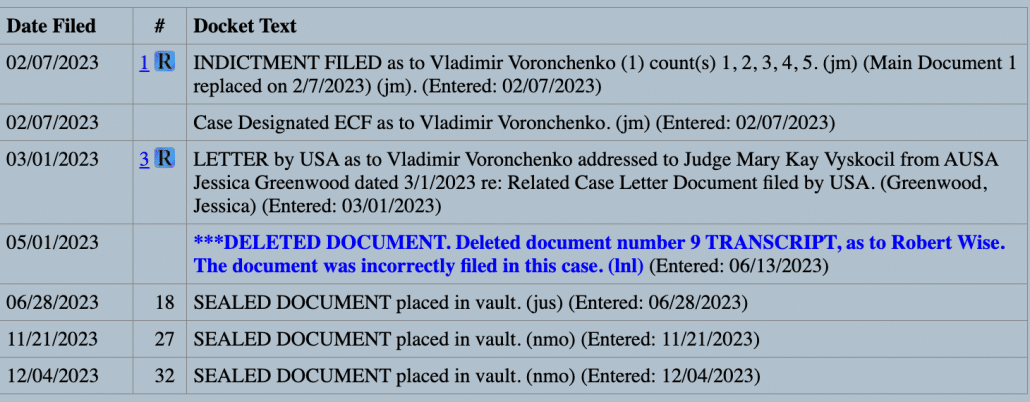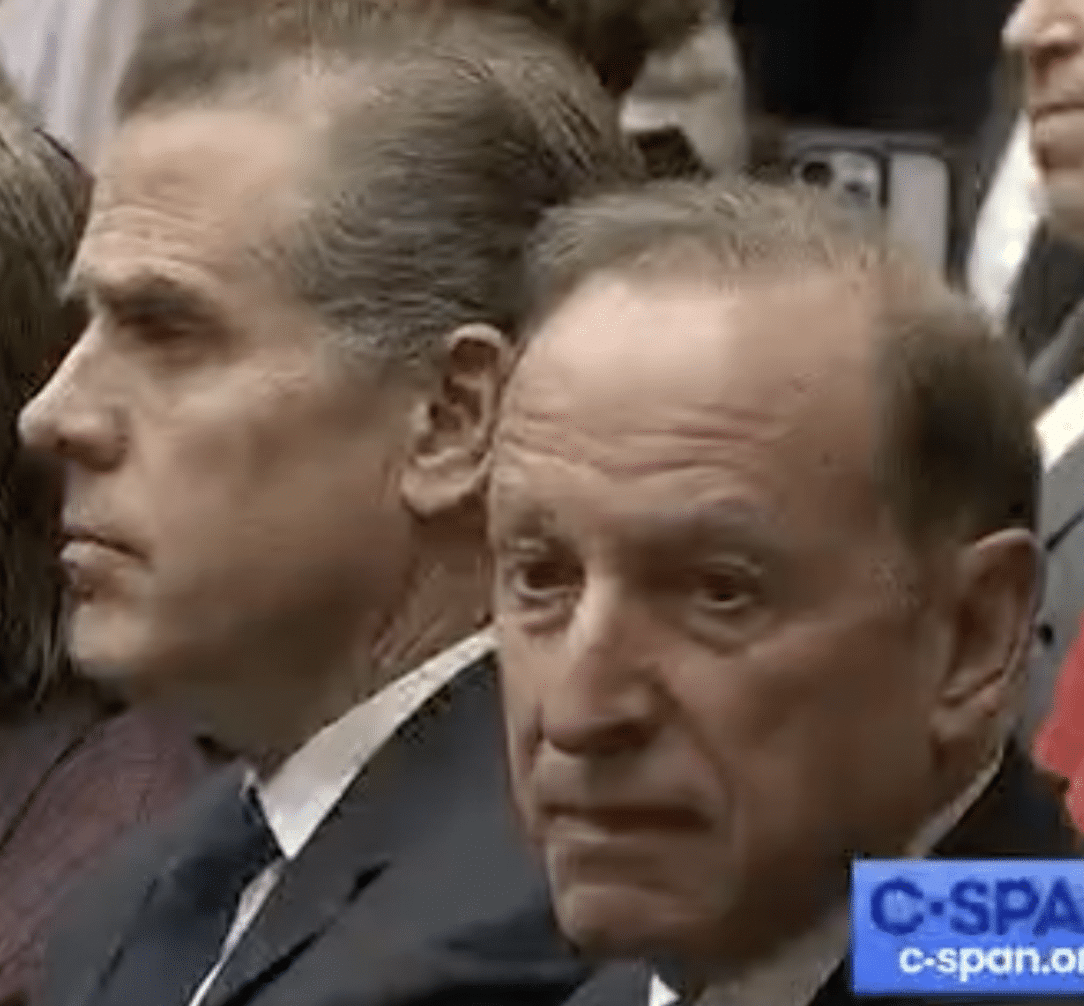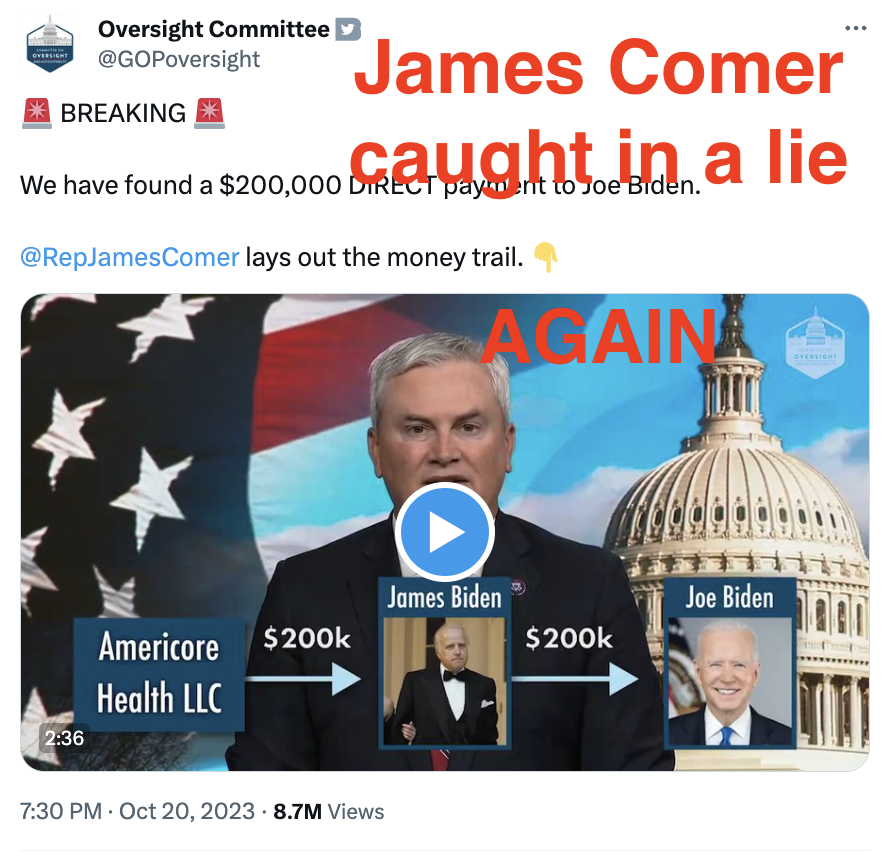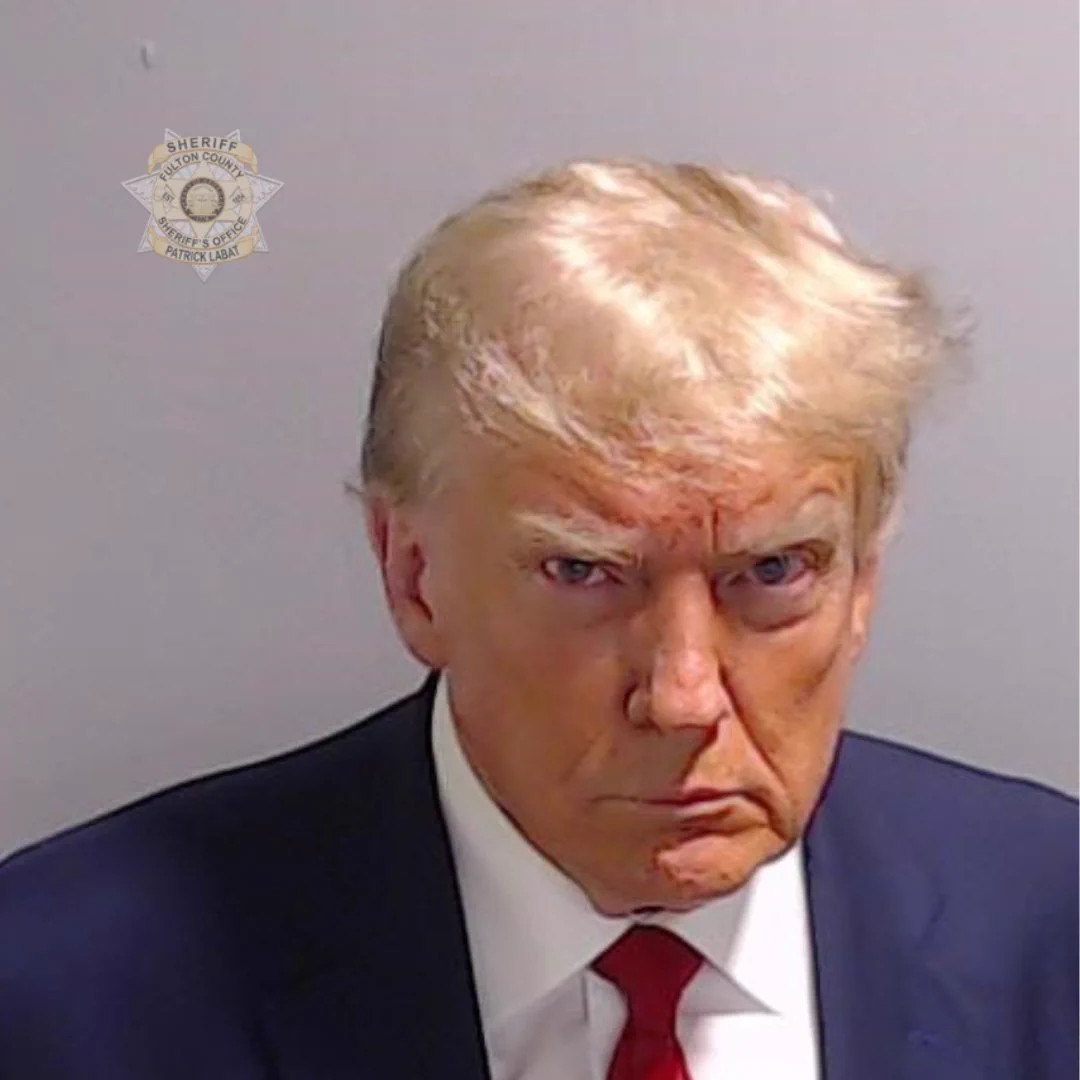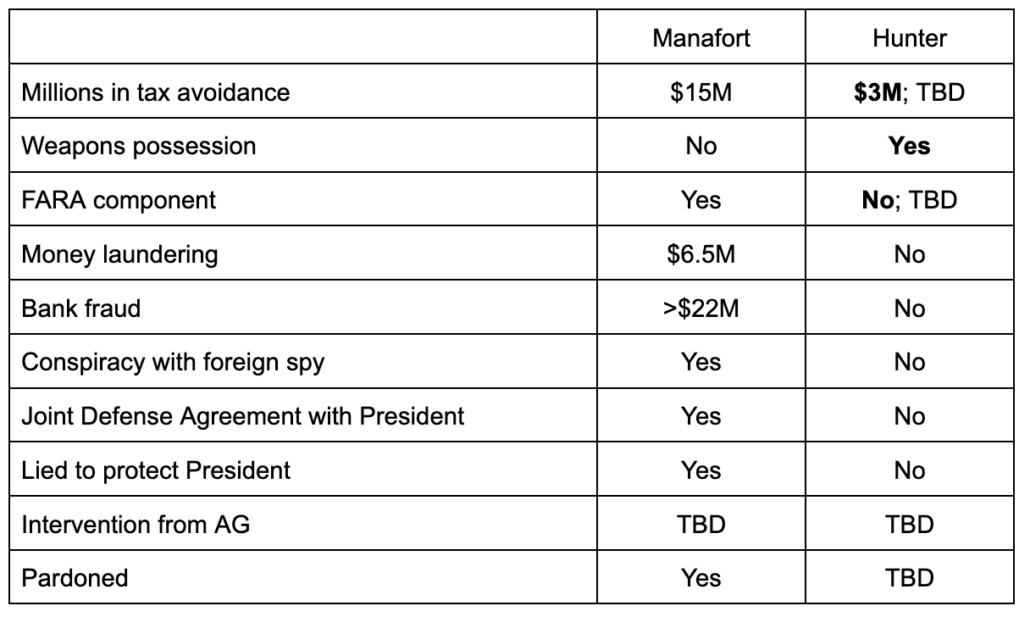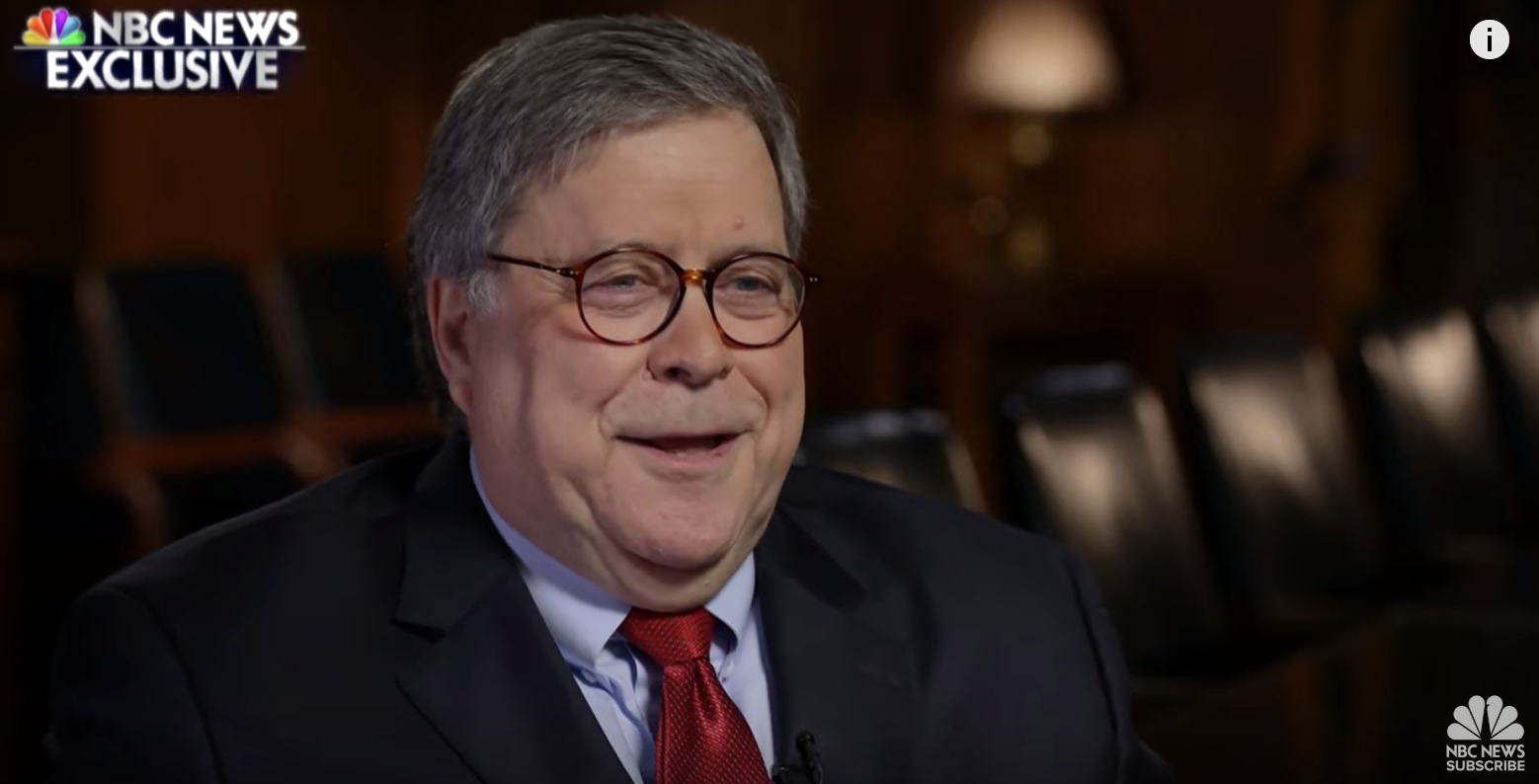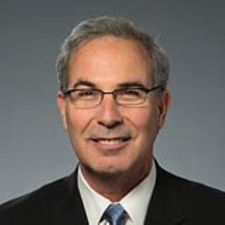Eight Possible Explanations — Many Bad, Some Good — for SDNY’s Delay in Turning Over Cohen Files
As Adam Klasfeld and others reported yesterday, Trump is asking to delay his New York trial on charges that he engaged in fraud to cover up the hush payments he made to get elected in 2016. Trump is asking for the delay because the Southern District of New York just provided stacks and stacks of discovery he subpoenaed in January. Alvin Bragg has consented to a 30-day delay, but Trump is asking for a 90-day delay of the trial that was supposed to start on March 25.
In their letter explaining the situation, NYDA attorneys described that last year, they asked SDNY for the “full grand jury record” associated with Michael Cohen’s campaign finance conviction. Instead, SDNY provided “a subset.”
The People diligently sought the full grand jury record related to Cohen’s campaign finance convictions from the USAO last year, including exculpatory material and (1) grand jury minutes and tapes; (2) witness lists and other documents identifying the names or identities of grand jury witnesses; (3) any grand jury subpoenas and documents returned pursuant to those subpoenas; (4) exhibits presented to the grand jury; (5) to the extent within the scope of Rule 6(e), summaries of witness interviews occurring outside the grand jury; and (6) to the extent within the scope of Rule 6(e), search warrant affidavits or other applications that contain evidence from the grand jury, and evidence seized pursuant to those warrants. In response, the USAO produced a subset of the materials we requested, which we timely and fully disclosed to defendant on June 8, 2023, more than nine months ago. [my emphasis]
On January 18 of this year, Trump subpoenaed additional materials, and consented to several delays. On March 4, SDNY provided the initial tranche, which was 73,000 pages, of which less than 200 pages pertained to the case. Last week, SDNY provided a second tranche. And they say they’ll provide a third next week.
Regarding the 73,000 pages of records produced by the USAO as of the date of defendant’s motion, the People’s initial review indicated that those materials were largely irrelevant to the subject matter of this case, with the exception of approximately 172 pages of witness statements that defendant would have adequate time to review and address before trial. Yesterday afternoon, however, the USAO produced approximately 31,000 pages of additional records to both the People and the defense in response to defendant’s subpoena, and also indicated that an additional production would follow by next week. [my emphasis]
Those 31,000 pages provided last week includes stuff from Cohen’s grand jury file that NYDA had asked for last year.
Based on our initial review of yesterday’s production, those records appear to contain materials related to the subject matter of this case, including materials that the People requested from the USAO more than a year ago and that the USAO previously declined to provide.
NYDA say they’re ready to go on the 25th, but would consent to a 30-day delay. Surely, though, they’ve seen enough that they want to be prepared to rebut anything Trump found in the documents.
Update: NYDA has submitted a follow-up. The total universe of this production amounts to 119,000 pages of discovery. Of that, just a subset of 31,000 pages covers stuff related to the case, and of that subset, some of it was already provided to Trump. Trump is disputing that, but at this point, he and his lawyers have been crying wolf for a year.
It’s not yet clear what’s in the 100,000-page plus discovery or why SDNY refused to turn it over, besides their unshakeable arrogance.
But there are a number of possible explanations, most terrible, at least three defensible. They include:
- Covering up Bill Barr’s fuckery
- Covering up Ed O’Callaghan’s fuckery
- Hiding details regarding the retraction of Robert Mueller’s scope
- Hiding details of Cohen’s tax crimes
- Hiding details of Barr’s further fuckery
- Protecting a Bill Barr investigation
- Protecting a Viktor Vekselberg investigation
- Protecting a Trump tax investigation
Much of these would serve to shield (or, ultimately, delay) SDNY or DOJ embarrassment generally. Some, though, would serve to protect real investigations that we know happened.
Covering up Bill Barr’s fuckery
What Trump undoubtedly was seeking when he subpoenaed SDNY was evidence of known Bill Barr fuckery, which would help the former President argue that he never committed a federal campaign finance crime and would hurt the theory of the case. Geoffrey Berman described much of this in his book.
In February 2019, days after being confirmed, Bill Barr tried to unprosecute Cohen.
While Cohen had pleaded guilty, our office continued to pursue investigations related to other possible campaign finance violations. When Barr took over in February 2019, he not only tried to kill the ongoing investigations but—incredibly—suggested that Cohen’s conviction on campaign finance charges be reversed. Barr summoned Rob Khuzami in late February to challenge the basis of Cohen’s plea as well as the reasoning behind pursuing similar campaign finance charges against other individuals. Khuzami was told to cease all investigative work on the campaign finance allegations until the Office of Legal Counsel, an important part of Main Justice, determined there was a legal basis for the campaign finance charges to which Cohen pleaded guilty—and until Barr determined there was a sufficient federal interest in pursuing charges against others.
Barr headed the Office of Legal Counsel in 1989 through the middle of 1990. He knew its powers, and as Trump’s attorney general he knew how to use it as a cudgel to accomplish his goals.
The directive Barr gave Khuzami, which was amplified that same day by a follow-up call from O’Callaghan, was explicit: not a single investigative step could be taken, not a single document in our possession could be reviewed, until the issue was resolved.
And if Main Justice decided there was no legal basis for the charges? The attorney general of the United States would direct us to dismiss the campaign finance guilty pleas of Michael Cohen, the man who implicated the AG’s boss, the president.
Barr attempted to put Richard Donoghue in charge of the matters — the Cohen case — that Berman was recused from. (Remember that Barr would also put Donoghue in charge of what should have been follow-on investigations of Rudy Giuliani’s dalliance with Russian spies.)
One way for Barr to accomplish that would have been to put the Cohen case in the hands of someone to whom he felt closer. About a week after our office tussled with Barr and Engel, Barr attempted to do just that. Word was passed to me from one of Barr’s deputies that he wanted Richard Donoghue, the US Attorney for the Eastern District of New York (who would later transfer to Main Justice to work under Barr), to take over supervision of anything I was recused from.
By Berman’s description, none of those efforts succeeded.
But according to the NYT, Barr did get OLC to write a memo questioning the basis for prosecuting someone for covering up public details (this doesn’t show up in Berman’s book).
At one point during the discussions, Mr. Barr instructed Justice Department officials in Washington to draft a memo outlining legal arguments that could have raised questions about Mr. Cohen’s conviction and undercut similar prosecutions in the future, according to the people briefed on the matter.
[snip]
The New York Times reported previously that Mr. Barr had questioned the legal theory of the campaign finance charges against Mr. Cohen, but it was not known that the attorney general went so far as to ask for the draft memo or had raised his concerns more than once.
The memo, written by the Justice Department’s Office of Legal Counsel, addressed the Southern District’s somewhat novel use of campaign finance laws to charge Mr. Cohen. Before Mr. Cohen’s guilty plea, the only person known to face criminal charges for payments meant to keep negative information buried during a political campaign was the former senator and Democratic presidential candidate John Edwards, who was not convicted.
Mr. Barr argued, among other things, that such cases might be better suited to civil resolutions by the Federal Election Commission than to criminal prosecutions, according to people with knowledge of the discussions.
[snip]
There is no indication that the Justice Department planned to issue a formal opinion on the campaign finances charges. Such a step, if taken, might have raised questions about the validity of the case against Mr. Cohen and affected any future effort to investigate Mr. Trump or others in his circle for similar conduct.
This memo is undoubtedly what Trump wants. He would use it to suggest that he was never in danger of prosecution for the hush payments, and therefore his fraud to cover them up cannot be a felony.
Covering up Ed O’Callaghan’s fuckery
Trump is also, undoubtedly, seeking details of then PADAG Ed O’Callaghan’s fuckery.
Once SDNY did charge Cohen, O’Callaghan intervened to demand that SDNY take language out of Cohen’s statement of offense making it clear that Individual-1 was part of the crime.
Consistent with DOJ guidelines, we first submitted the information to the Public Integrity Section at Main Justice. They signed off.
We then sent a copy to Rod Rosenstein, informing him that a plea was imminent. The next day, Khuzami, who was overseeing the case, received a call from O’Callaghan, Rosenstein’s principal deputy.
O’Callaghan was aggressive.
Why the length, he wanted to know. He argued that now that Cohen is pleading guilty we don’t need all this description.
Khuzami responded, What exactly are you concerned about?
O’Callaghan proceeded to identify specific allegations that he wanted removed, almost all referencing Individual-1. It quickly became apparent to Khuzami that, contrary to what O’Callaghan professed, it wasn’t the overall length or detail of the document that concerned him; it was any mention of Individual-1. Khuzami and O’Callaghan went through a handful of these allegations, some of which Khuzami agreed to strike; others, to ensure a coherent description of the crime, he did not.
Berman’s prosecutors stayed up all night cutting the Information from 40 pages to 21.
The team was tasked with the rewrite and stayed up most of the night. The revised information, now twenty-one pages, kept all of the charges but removed certain allegations, including allegations that Individual-1 acted “in concert with” and “coordinated with” Cohen on the illegal campaign contributions. The information now alleged that Cohen acted in concert and coordinated with “one or more members of the campaign.” But in the end, everything that truly needed to be in the information was still there.
Cohen included those details in his verbal allocution anyway.
The most consequential details that O’Callaghan wanted removed still wound up in the public record, simply because Cohen acknowledged them in open court. He testified that Trump not only knew about the six-figure payoffs designed to keep Stormy Daniels and Karen McDougal from going public but had orchestrated them.
With regard to McDougal, Cohen said that he and “the candidate worked together to keep an individual with information that would be harmful to the candidate and to the campaign from publicly disclosing this information. After a number of discussions, we eventually accomplished the goal by the media company entering into a contract with the individual under which she received compensation of $150,000.”
As for Stormy Daniels, Cohen admitted that he had, “in coordination with, and at the direction direction of, the same candidate, [arranged] to make a payment to a second individual with information that would be harmful to the candidate and to the campaign to keep the individual from disclosing the information. To accomplish this, I used a company that was under my control to make a payment in the sum of $130,000.”
Any paperwork describing this dispute will not help Trump as much as an OLC memo saying his hush payments weren’t a federal crime. But he will use them to suggest that Rod Rosenstein didn’t think Trump was a part of it.
Hiding details regarding the retraction of Robert Mueller’s scope
Another thing that Cohen’s case file would disclose that might embarrass DOJ is how Rod Rosenstein constrained Mueller’s scope after initially permitting him to prosecute crimes he could use to flip people.
Remember that Mueller was permitted to prosecute both Paul Manafort’s tax crimes and Mike Flynn’s Turkey FARA crimes; he used those other crimes to (attempt to) flip Trump’s aides. But around the same time as Rosenstein issued his second scope memo (November 2017), he seems to have changed this approach.
In his book, Berman explained that by the time Mueller was investigating Cohen, Rosenstein was only permitting Mueller to investigate the Russian-related conduct. So when Mueller found Cohen’s taxi medallion and other crimes, they had to find a way to hand it off while still hoping to use those crimes to flip people.
At first, Mueller prosecutor Andrew Goldstein asked Berman to partner on the case, which would allow Mueller to be involved in an attempt to flip Cohen.
Goldstein informed Martins and Capone that Mueller was investigating Michael Cohen, the president’s personal lawyer, for bank fraud relating to his taxi medallion business. Mueller wanted to pursue the Cohen investigation—but in conjunction with a US attorney’s office—because it fell outside his mandate. The idea was that we would be the partner to Mueller’s team.
Berman refused that request, because he didn’t want to sacrifice SDNY’s cherished independence. In the end, Mueller only got a request that a Mueller prosecutor could be involved in any discussion of cooperation.
The next day Goldstein got back to us. He backed off the requirement of a joint investigation and agreed that the Southern District would conduct the investigation as we saw fit. He asked for just one thing: if SDNY and the FBI had discussions with Cohen or his lawyer about cooperation, we would inform Goldstein and allow someone from the Mueller team to be present. I did not believe that such an accommodation would impinge on our independence or link our reputation to Mueller’s.
These disclosures, if they’re included in the documents turned over, wouldn’t help Trump all that much (and therefore might not be made public). But they’re another instance showing how Rod Rosenstein intervened to protect Trump.
Hiding details of Cohen’s tax crimes
Something else that SDNY might not want to turn over would pertain to the viability of the crimes to which Cohen ultimately pled guilty.
Remember: Every time he gets asked about why he pled guilty, he claims he pled guilty to more than what he had done, and he did so because of SDNY’s threats that they would include Cohen’s spouse if he didn’t plead.
SDNY would absolutely attempt to withhold details that addressed this issue, particularly if they confirmed Cohen’s claims.
They would only help Trump if they confirmed SDNY’s side of the story (and to be sure, there is abundant SDNY documentation documenting their belief that they believe Cohen’s lies extended before and after his guilty plea).
Hiding details of Barr’s further fuckery
After first trying to make Cohen’s prosecution go away, Barr later tried to make it worse, by sending Cohen back to prison from his COVID furlough because he started writing a book about what a crook Trump was. As Cohen claimed in an emergency motion to get out of jail, Cohen described that he was issued a gag order he would have to sign if he remained out on furlough, and when he refused, he was sent back to prison.
Michael Cohen is currently imprisoned in solitary confinement because he is drafting a book manuscript that is critical of the President of the United States—and because he recently made public that he intends to publish this book shortly before the upcoming election.
[snip]
While he was on furlough, Mr. Cohen publicly announced that he was putting the finishing touches on a tell-all book about his decade-long experience with President Trump. Just one week later, on July 9, 2020, BOP officers under the direction of Respondents presented Mr. Cohen with an unconstitutional demand: As a condition of his release—a release BOP already had determined was necessary for his health and safety—Mr. Cohen had to agree to a complete bar on speaking to or through any media of any sort.
Mr. Cohen expressed that this condition would bar him from making any progress on his book draft, making a pre-election publication date unlikely. But, because he was fearful for his life should he be remanded to prison, he did not refuse. Instead, he and his lawyer sought both to clarify the meaning of the condition, and to tailor it more narrowly to the BOP’s stated reason for including it; namely, to avoid glamorizing or bringing attention to his upcoming home confinement status. BOP officials refused those requests. Instead, they remanded him into solitary confinement in Respondents’ custody, where he remains.
Judge Alvin Hellerstein found Cohen’s claims persuasive. When he released Cohen shortly thereafter, Hellerstein ruled that the purpose of Cohen’s jailing was retaliatory (here’s the transcript, which shows BOP and SDNY’s rebuttals).
“I make the finding that the purpose of transferring Mr. Cohen from furlough and home confinement to jail is retaliatory, and it’s retaliatory because of his desire to exercise his First Amendment rights to publish a book and to discuss anything about the book or anything else he wants on social media and with others,” U.S. District Judge Alvin Hellerstein said during a teleconference Thursday morning.
Cohen secured an emergency temporary restraining order and a preliminary injunction, ordering the government to immediately release him and be allowed to resume his home confinement.
“How can I take any other inference other than it was retaliatory?” Hellerstein mused, summarizing the terms of the government’s home-confinement agreement as telling Cohen: “You toe the line about giving up your First Amendment rights or we’ll send you to jail.”
“I’ve never seen such a clause in 21 years of being a judge,” the Clinton appointee added.
“In 21 years of being a judge, and sentencing people, and looking at the terms and conditions of supervised release, I have never seen such a clause.”
There’s undoubtedly paperwork related to this in Cohen’s case file, including paperwork that might match SDNY’s claims that this was not retaliation. But there could well be paperwork that shows — as was also alleged in the decision to free Paul Manafort from a prison not experiencing a COVID outbreak — involvement from Barr.
Protecting a Bill Barr investigation
You probably won’t believe me. But DOJ actually investigated some of Bill Barr’s fuckery. One such investigation was publicly reported: a DOJ IG investigation into Roger Stone’s sentencing.
There was at least one other aspect of Bill Barr fuckery that DOJ investigated which is not public.
Both investigations were active in the year since NYDA asked for materials on this case.
I have no idea whether Barr’s fuckery on the Michael Cohen case was part of either investigation into his fuckery. But if it was, then any delay in releasing materials would be justified to protect an ongoing investigation.
Protecting a Viktor Vekselberg investigation
You cannot separate the investigation into Trump’s 2016 hush payments from payments that Viktor Vekselberg’s Columbus Nova made to Michael Cohen. That’s because, after Cohen’s bank issued a Suspicious Activity Report on the payment to Stormy Daniels, they looked at how the other things Cohen did with his Essential Consultants account, which he had claimed was for domestic real estate purposes, deviated from his claims about the account.
And one thing he did with that account was to receive $400,000 from a company owned by Russian oligarch Viktor Vekselberg.
22. According to records obtained from Bank 1 through June 1,2017, in the first fìve months of 2017, the Essential Consultants bank account received five deposits, each in the amount of $83,333 (for a running total of $416,665). The funds for all five deposits-four of which were wire transfers and one by check-came from an account at another bank held in the name of Columbus Nova, LLC.
23. Public records show that Columbus Nova, LLC is an investment management firm controlled by Renova Group (“Renova”), an industrial holding company based in Zurich, Switzerland. According to public news accounts, Renova is controlled by Viktor Vekselberg, a wealthy Russian national. Public news accounts also report that Vekselberg is an oligarch with various connections to Russian President Vladimir Putin and publicly met with Putin as recently as in or around March 2017.
7 According to the news articles, Vekselberg and Renova currently are involved in various infrastructure projects in Russia, such as the building of an airport in Rostov in advance of the 2018 FIFA World Cup, which is to be held in Russia. Vekselberg has been involved in various symbolic acts seen to be in the Russian national interest, such as the purchase and repatriation of historic Faberge eggs.8
Mueller investigated these payments to determine whether they explained why Trump tried to back out of sanctions on Russia, etcetera etcetera. From the first warrant, then, the Stormy Daniel investigation implicated any investigation into Vekselberg’s efforts to pay for access in the US.
We know that, since Russia’s invasion of Ukraine, DOJ has ratcheted up sanctions-related investigations into Vekselberg’s associates. In January 2023, DOJ unsealed details of arrests pertaining to Vekselberg’s yacht; those prosecutions are active and are being run out of DC.
And in February 2023 — around the time when NYDA asked for the Cohen file — SDNY rolled out money laundering charges against Vekselberg’s US-based fixer, Vladimir Voronchenko, whom they claimed was a fugitive.
Voronchenko may be a fugitive, but the docket in his case has the look of a docket with a whole bunch of interesting things going on, albeit all sealed.
I don’t know what explains the skips in docket numbers, from 3 to 18, from 18 to 27, and from 27 to 32. But as of December, they SDNY was still stuffing the vault with … something.
If the investigation into Vekselberg would in any way be compromised by the release of Cohen’s case file, it would explain — and easily justify — delaying their release. Particularly if the investigation into Vekselberg’s associates implicated people close to Trump or other prominent Republicans.
Protecting a Trump tax investigation
During both the tax and fraud trials of Trump Organization, there were hints that SDNY had — finally — picked up some of the financial allegations NYS dug up and turned them into federal investigations, including obtaining testimony from some of the same witnesses.
If that happened, it could explain a justifiable delay of providing those files to Trump.
Obviously, most possible explanations for a delay in turning over these files involve someone’s embarrassment, whether SDNY itself, or DOJ more generally. I grant that it’s extremely likely that an attempt to avoid embarrassment explains the delay.
But there are several confirmed and one suspected investigation that also might explain, and entirely justify, a delay. We just don’t know yet.
Update: Judge Merchan has delated the trial start for 30 days from today and scheduled a hearing about the claimed discovery violation.


